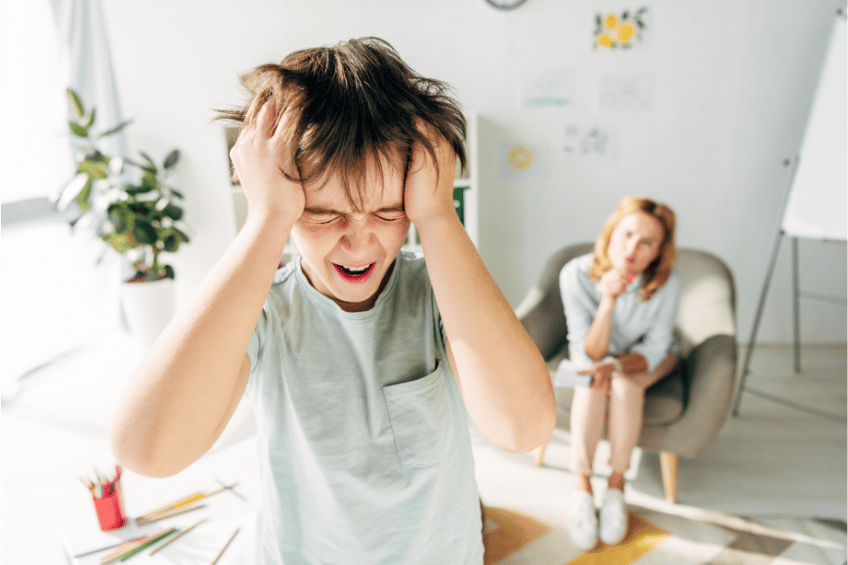Concussion in Children
Concussions often occur in children because their heads are disproportionally large compared to the rest of the body. Children under 4 can not control their balance well enough while walking or doing other activities, so they are a risk group. As kids enter adolescence, their bodies begin to grow rapidly, which also puts them at risk of having a head injury.
If a child has head trauma, it is important to closely monitor them for 24 hours. Medication such as aspirin may cause bleeding, so please consult a specialist first.
Watch for behavioral changes in the child, especially young children who are unable to describe how they feel. Symptoms or concussions in children include:
- Headache;
- Dizziness;
- Loss of balance or unsteady walking;
- Nausea or vomiting;
- Fatigue;
- Sensitivity to light or noise;
- Mental fogginess or slowed thinking;
- Difficulty concentrating and focusing, memory issues;
- Feeling more excited, irritable, nervous, or emotional than usual;
- Change in eating or sleeping patterns;
- Lack of interest in favorite toys. [1, 8]
